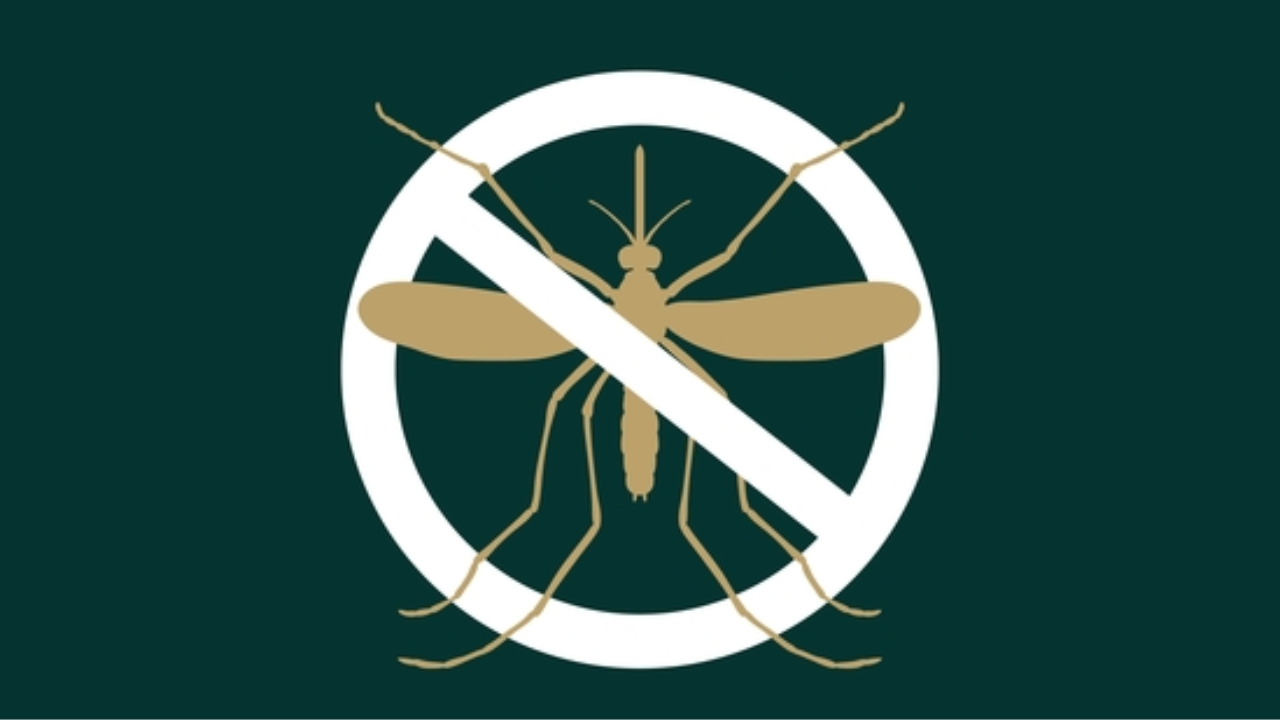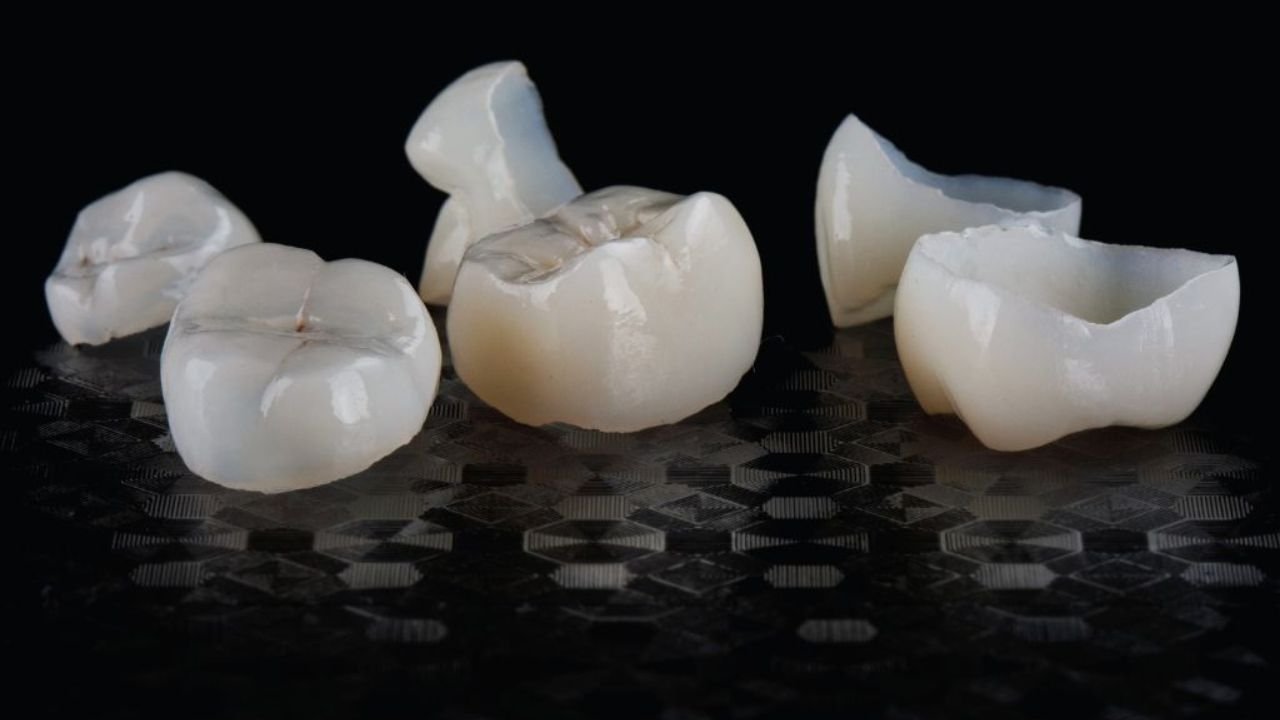Mosquito bites can ruin a peaceful evening or day outdoors. Chemical sprays are something that most will use, but they are not good for you. Natural treatments are gaining popularity. Everyone would love safer protection methods. That is where natural mosquito repellent comes in. It offers a chemical-free solution to avoid mosquito bites.
This is a guide that looks at the finest natural ingredients. It delves into how they function and how to apply them. You will also get to know how to prepare your own repellent. The aim is to help you remain safe without subjecting your body to toxic chemicals. Both at home and when camping, natural alternatives can be quite effective.
What Is a Natural Mosquito Repellent?
A natural mosquito repellent uses plant-based ingredients. It keeps mosquitoes away without the help of man-made chemicals. Most essential oils have a very strong odor. They confuse or disrupt mosquito sensors. That keeps them from landing on your skin.
Natural repellents are mild compared to DEET. They are nontoxic to the majority of skin. They are also environmentally friendly. Some of them are sprayed, put in oils, or in candles. They can repel ticks as well as other insects. They are employed because they are kid- and pet-friendly when applied.
Why Choose a Natural Option?
Natural repellents do not contain synthetic chemicals. They are ideal for families, especially those with children. They work great on hikes, in backyard picnic areas, or on a relaxing evening walk.
- Safer for sensitive skin
- Environmentally friendly
- Derived from plants and essential oils
How Mosquitoes Find You
Understanding mosquito behavior can help you choose the best repellent. Mosquitoes are drawn to heat, light, body odor, and carbon dioxide. Some even prefer sweat or bacteria on the skin. Using natural mosquito repellent disrupts this attraction.
Best Natural Oils That Repel Mosquitoes

Some essential oils are known for their powerful insect-repelling properties. These natural solutions offer protection without the harshness of synthetic chemicals and are often safer for sensitive skin.
| Essential Oil | How It Works | Duration (Approx.) |
| Lemon Eucalyptus | Blocks scent receptors | Up to 3 hours |
| Lavender | Soothes skin, repels bugs | 2-3 hours |
| Cinnamon | Kills larvae, strong smell | Short-term |
| Thyme | Repels malaria-causing mosquitoes | 60-90 mins (burned) |
| Citronella | Popular in candles, topical use | 2 hours |
| Tea Tree | Antimicrobial, bug deterrent | Up to 2 hours |
| Neem | Natural oil with moderate protection | 3 hours |
These oils are often used in sprays or lotions and are typically mixed with a carrier oil. While effectiveness can vary, combining oils often provides broader coverage. Always perform a skin patch test before full application.
Natural Mosquito Repellent for Skin: What Works Best?
Using natural mosquito repellent for skin is about safety and effectiveness. Essential oils like lavender, citronella, and lemon eucalyptus are common.
These oils can be diluted with coconut or jojoba oil. Apply the mix to exposed areas. It’s best to reapply every few hours. This keeps protection strong. Always patch test before full use.
Lemon Eucalyptus Oil: A Proven Option
Lemon eucalyptus oil is widely used for insect protection. It’s known for its powerful ability to confuse scent receptors in bugs. Even the CDC recognizes its value. A mix of 1 part oil to 10 parts carrier oil is a common recipe. It offers reliable protection for up to 3 hours, which makes it a trusted choice for many outdoor needs.
Avoid using this oil on kids under 3. Though natural, its strength may be too much for sensitive skin. Apply the blend gently on exposed areas. Reapply every few hours if needed. It’s effective and backed by science, which gives users confidence. Always patch test before large use.
Lavender: Gentle and Multi-Purpose
Lavender oil does more than smell nice. It repels insects and soothes the skin. Studies have shown its ability to protect against adult bugs. Its fragrance helps mask the natural odors that attract insects. Crushed lavender flowers release the oil, which works best when applied to the arms or legs.
Lavender also has calming effects. It helps reduce itch and irritation from bites. You can grow this plant in a home garden or use the oil directly. Drop some oil on a cloth and rub it lightly on your skin. This oil is safe for most people and offers a soft floral shield during warmer months.
Cinnamon Oil: Not Just for Flavor
Cinnamon oil does more than flavor food. It kills mosquito eggs and repels adults. A 1% solution can be made by mixing 1/4 teaspoon oil with 4 ounces of water. This mixture can be sprayed on clothes, home furniture, or indoor plants. It targets even the tough Asian tiger species.
Be cautious when applying cinnamon oil. It may irritate skin if not diluted well. It’s strong, so a small amount goes a long way. The aroma is spicy and sharp, which some find pleasant. It works well indoors and on surfaces that don’t come into direct contact with the skin.
Thyme: Fire-Friendly Mosquito Fighter
Thyme oil is highly effective, especially against disease-carrying species. A 5% mix was found to give a 91% protection rate in mice. This shows how powerful thyme is when used right. It can be applied by mixing 4 drops of oil with 1 teaspoon of a base oil like olive or jojoba.
You can also burn dried thyme leaves to create a protective smoke. Research shows this smoke offers 85% protection for up to 90 minutes. It’s ideal for campsites or garden events. The smoke isn’t overpowering but is still effective. Combine it with other methods for added safety outdoors.
Citronella: A Classic Solution
Citronella oil has long been used to deter insects. It’s found in many outdoor candles and topical products. When properly mixed, it performs as well as chemical alternatives. A correct formula gives protection for up to two hours. The oil masks human scents, making you harder to find.
Citronella works best when blended with other oils. Use it in lotions or sprays for better coverage. It’s also effective when used in diffusers. Outdoors, citronella candles can help keep bugs away from gathering areas. For indoor use, add a few drops to water and spray corners.
Tea Tree Oil: Multipurpose Skin Helper
Tea tree oil is known for its healing powers. It has antiseptic and antimicrobial properties that calm the skin. It also works as a bug deterrent. Apply it to exposed areas like arms and legs. The oil should be diluted first with water or a carrier oil.
Besides warding off insects, it helps soothe bites. The cooling effect relieves itchiness fast. It’s a good all-in-one option for those who want skin care and bug defense in one. Some sprays use it as the main ingredient. It’s gentle and safe when used the right way.
Neem Oil: Mixed Results but Still Useful
Neem oil provides approximately 70% protection against three hours. Mixed results make it a controversial choice. Others describe it as effective, whereas some say it is not enough. When using it, combine 50-100 ml of neem oil with water, lotion, or carrier oil. It is best to always use cold-pressed, virgin oil.
Neem is not accepted to be used directly. It can cause irritations to the skin. Due to this, do not apply it neat. The smell is pronounced and might be slow to get used to. Nevertheless, with all its imperfections, neem remains a part of numerous repellent combinations. It blends nicely in with other instruments.
Natural Mosquito Repellent Plants for Home and Garden
Some plants are the natural solution to bug prevention. Basil, lemongrass, marigold and mint plants emit powerful fragrances. The odors will serve as a natural bug wall. These you may cultivate along windows, patios, or doorways. There are even ones that do well in small indoor pots.
The crushing of the leaves is done to release the oils. This increases their power. They are simple to maintain and they bring green beauty to your home. These flowers provide beauty and security. They are an excellent long-term solution to cutting undesired bites in the house.
Homemade Mosquito Repellent Smoke Techniques
Smoke is a time-tested method to push away insects. Burning herbs like dried neem, thyme, or citrus peels creates a protective barrier. These ingredients are safe and easy to find. Use a metal or clay container to burn them outdoors. Keep it controlled and away from flammable items.
The smoke works by hiding your body’s scent. It confuses insect sensors, so they can’t lock onto you. This method is great for large groups or evening meals outside. Add essential oils to the herbs for even stronger effects. Used safely, smoke is a powerful and natural defense tool.
Key Safety Tips for Essential Oils
Essential oils are strong. They work well, but they must be used right. These tips can help you stay safe when using them.
1. Mix with Carrier Oils Like Almond or Jojoba
Never apply essential oils directly to your skin. They can burn or irritate. Mix them with a carrier oil. Almond, jojoba, or coconut oil works well. Just a few drops are enough. This makes it safe for daily use.
2. Never Apply to Broken or Irritated Skin
Avoid applying oils to cuts or rashes. It can make things worse. Let your skin heal first. Oils are best used on healthy skin. This avoids pain and side effects.
3. Avoid Contact with Eyes and Mouth
Some oils sting badly. Keep them away from your eyes and lips. If it happens, rinse with water right away. Be gentle when applying near the face. Always wash your hands afterward.
DEET vs. Natural Mosquito Repellents
Choosing the right method for protection involves balancing safety, convenience, and effectiveness. This comparison shows how synthetic and natural options differ across key areas.
| Feature | DEET | Natural Repellents |
| Chemical Exposure | High | Low |
| Skin Sensitivity | Can cause rashes | Usually safer |
| Environmental Impact | Potentially toxic | Eco-friendly |
| Usage in Children | Limited | More suitable |
While chemical-based options offer longer-lasting protection, natural ones are chosen for their skin-friendly nature and eco-conscious appeal. Frequent reapplication may be necessary, but many users prefer the peace of mind that comes with using botanical ingredients.
Natural Mosquito Repellent Cream for Babies and Kids
When choosing a natural mosquito repellent for babies, always check ingredients. Avoid strong essential oils. Go for milder options like chamomile or lavender.
Creams with natural oils and aloe vera soothe baby skin. Reapply often. Keep out of eyes and mouth. For babies under six months, consult your doctor first.
Homemade Natural Mosquito Repellent Recipes
Making your own repellent is easy and budget-friendly.
Simple DIY Spray:
- 10 drops citronella oil
- 10 drops eucalyptus oil
- 10 drops lavender oil
- 2 tablespoons witch hazel
- 1/2 cup water
Instructions:
- Mix all in a spray bottle.
- Shake before each use.
- Store in a cool place.
Reducing Mosquito Risk Naturally
There are many ways to keep mosquitoes away without sprays. Small changes at home and outside help a lot. Here’s how to lower your risk every day.
1. Wear Loose Clothing
Tight clothes make it easy for bites. Loose clothes are better. Cover your arms and legs. Choose light colors. They attract fewer insects. This adds another layer of defense.
2. Stay Indoors at Dusk
Evening time is risky. That’s when bugs come out. Stay inside when the sun sets. Close windows and doors. If outside, stay near fans or smoke.
3. Remove Standing Water
Water is where they breed. Empty pots, trays, and birdbaths often. Keep drains clean. Change pet water daily. No water means fewer bugs.
4. Use Fans to Reduce Humidity
Mosquitoes love damp places. Fans help dry the air. Place them near doorways or patios. It breaks their flight. They can’t land or hover near you.
Treating Mosquito Bites Naturally
Even with care, bites happen. When they do, it’s good to know what helps. Here are gentle ways to ease the itch and heal fast.
- Rub apple cider vinegar on the bite.
- Apply raw garlic or onion slice.
- Use calamine or hydrocortisone cream.
- Monitor for swelling or infection.
Bites are annoying, but easy to treat. Use vinegar or garlic. Apply creams. Watch for signs of infection. With care, you’ll heal quickly.
Bonus: What Repels Ticks Naturally
Ticks are another common nuisance. Some oils repel both mosquitoes and ticks.
Effective Oils for Ticks:
- Geraniol
- Lemon eucalyptus
- Cedarwood
These oils work well on skin and clothing. They can also be sprayed in gardens.
Final Thoughts: Stay Safe with Natural Solutions
Using a natural mosquito repellent is more than a trend. It is a healthy, thoughtful choice. It protects your skin, your home, and the planet. With so many essential oils available, you can find one that suits your needs. You can even blend oils to create a personal formula. Switching to a natural mosquito repellent reduces chemical load. It’s perfect for people with allergies or sensitive skin. It’s also safer for children. As you enjoy outdoor life, choose natural ways to protect yourself. Prevention doesn’t have to be toxic. From lemon eucalyptus to lavender and thyme, nature has your back.
Try making your own mix at home. Use it in your garden or while traveling. Let your skin breathe. Let the outdoors feel safe again. With the right care and awareness, you don’t need chemicals. You just need the right natural defense.
FAQs
Q1. What is the most effective natural mosquito repellent?
Oil of lemon eucalyptus ranks highest. It works almost as well as DEET.
Q2. Is natural mosquito repellent good for UPSC answer writing?
Yes. Topics like sustainable health practices and eco-living are relevant.
Q3. Can I use natural mosquito repellent for my room?
Yes. Use diffusers with lavender or citronella. Add mosquito repellent plants near windows.
Q4. Is it safe to use natural mosquito repellent in India?
Absolutely. Local ingredients like neem and lemongrass are widely used.
Q5. Are there natural mosquito repellent creams available?
Yes. Look for creams with lavender, citronella, or aloe. These are safe for most people.
Read More Blogs 🙂



